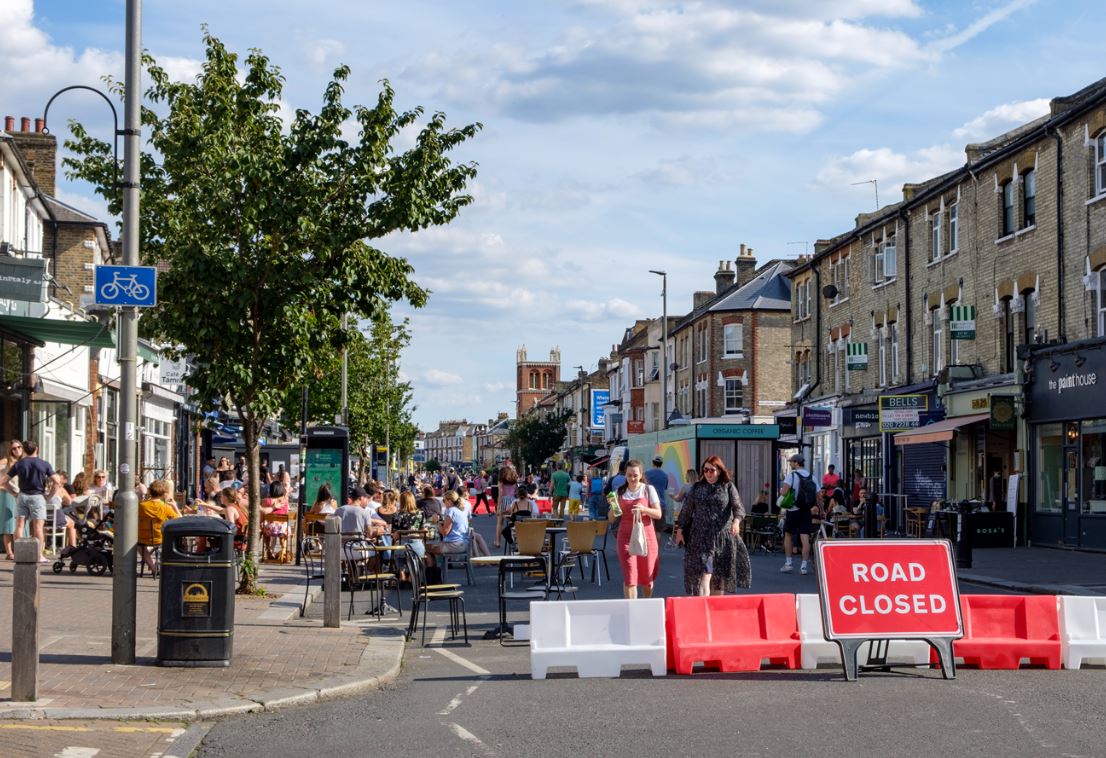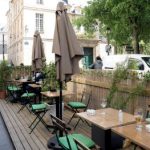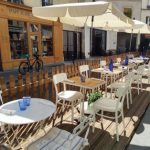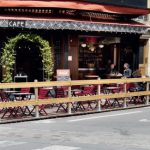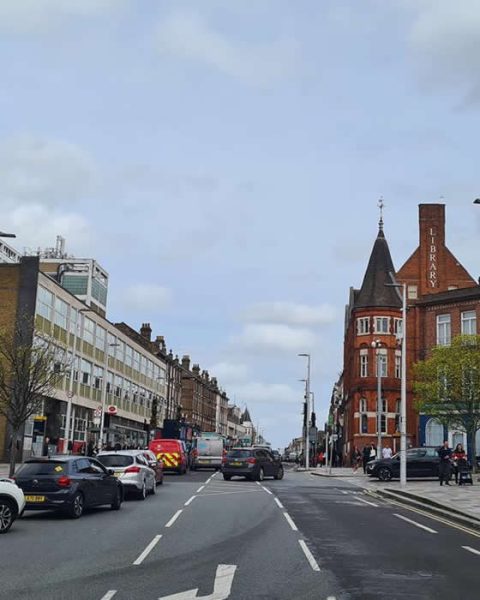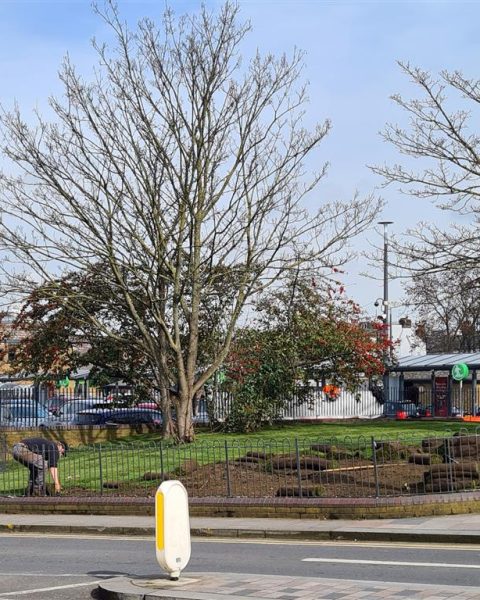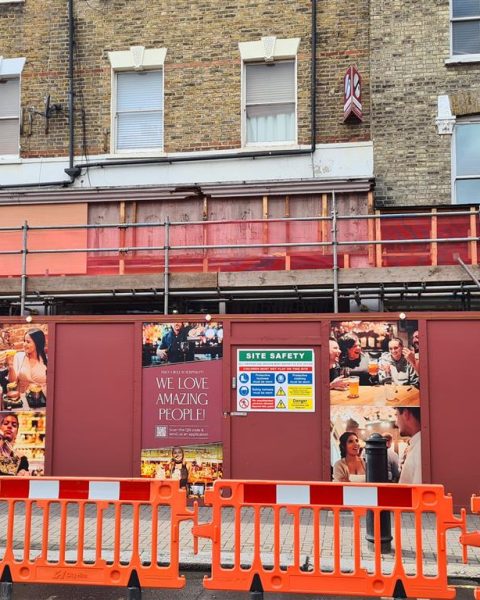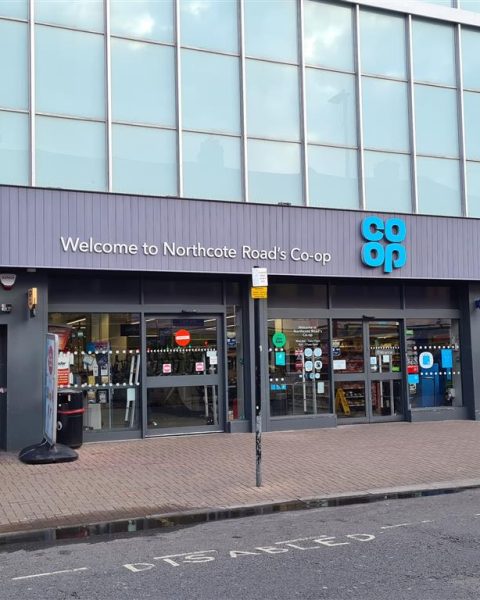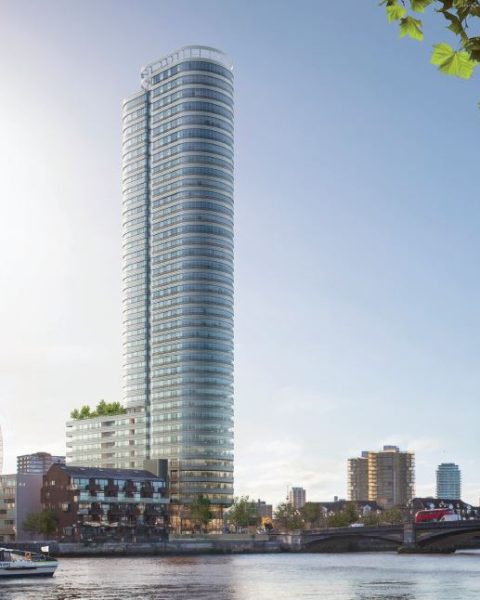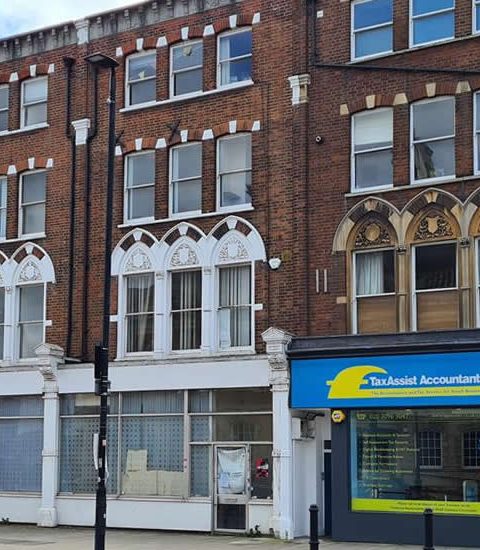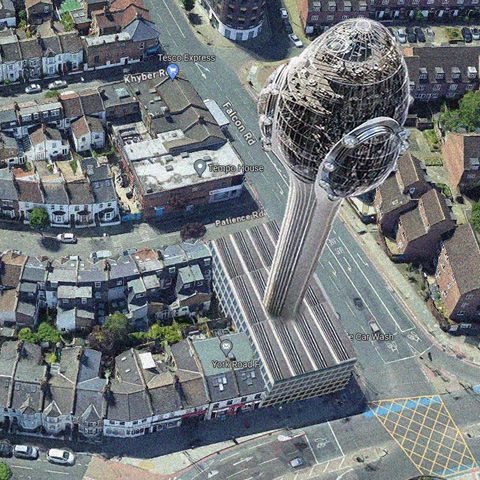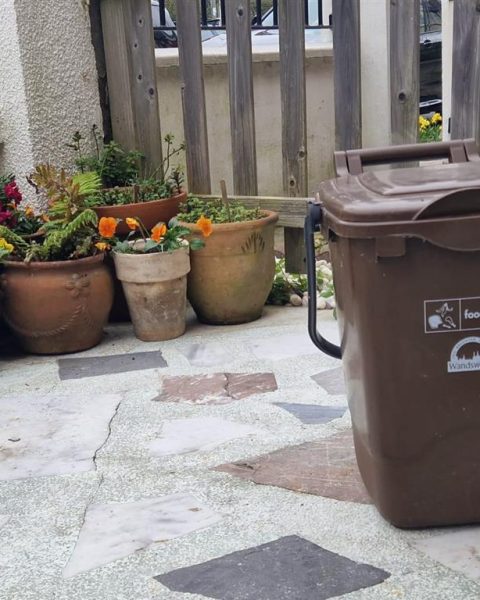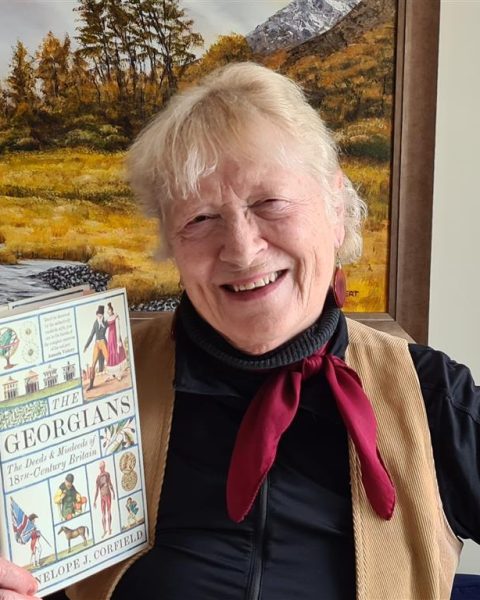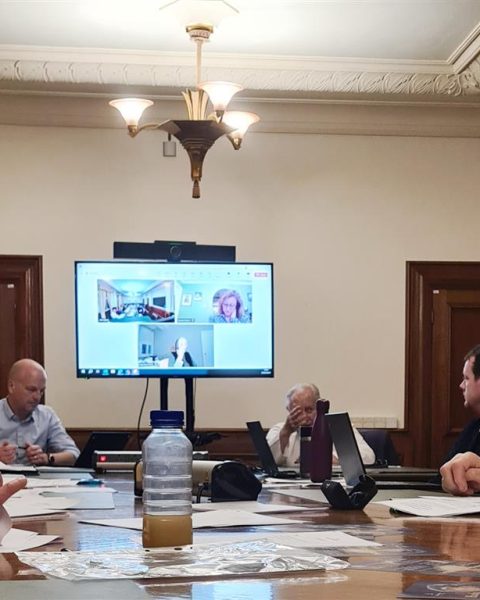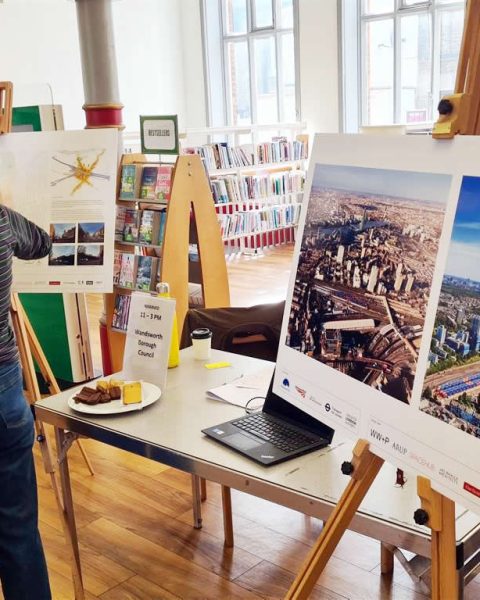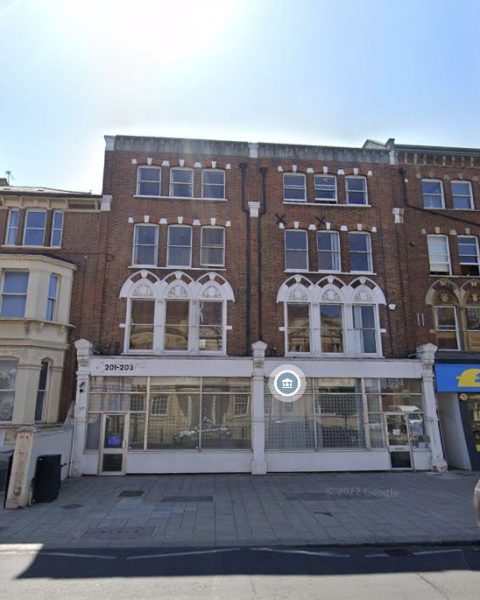Wandsworth Council has decided to scrap the budget allocated to the weekend “pedestrianised” zone in Northcote Road, which means that the experiment of “al fresco” weekends in the popular street will be likely to end.
The closure of part of Northcote Road to traffic at weekends and thus allowing pedestrians to walk safely on the road was first arranged during Summer 2020 when the lockdown rules had been eased.
The “eating-out” scheme was made to support the retails of this popular shopping parade in Clapham Junction allowing them to trade when it was not possible to eat inside the premises due to social distancing recommended at the time.
The scheme was renewed in 2021 (starting in April until the end of September) and in again 2022 with bars and restaurants being able to utilise outside space to promote al-fresco drinking and dining.
“These measures have proved immensely popular”, said Ravi Govindia, former Wandsworth council leader.
The Labour Council has decided to stop funding the scheme and use the money on cost-of-living support
The temporary barriers put in place for the weekend closures seen each weekend for the last three summers (2020/21/22) required a significant costs of £10,000 £25,000 per weekend.
For the past 3 years, the “eating-out/car-free” scheme was funded jointly by the Council using European money (before the UK left the EU) and then COVID recovery funds provided by central Government for £10,000 and by Northcote Road businesses (Northcote Road Business Network – NBN) for £15,000.
A report presented before the Finance Committee on 29th September cited several issues impacting the future of the scheme:
- The cost of extra security constraints required by the police for counter terrorism reasons.
- Northcote Road businesses have told the Council that the proposed gated scheme would make the scheme unviable for businesses as it would be to expensive in addition to the security marshals.
- The gates might be considered as street clutter when not in use and potentially unsightly.
- Pedestrians’ (both abled and disabled) and cyclists’ permeability is compromised as the adjacent footway will need to be shared use to travel around the gates.
Recent additional cost required, including the need to strengthen the security, and the loss of income with the permanent gated proposal, would have at least reached £25,000 per weekend, possibly more. The Council initially assumed that the businesses would fund any ongoing revenue costs of operating the weekend only closures, but they responded that the costs were mot sustainable for them.
As a result, the report recommended not to renew the weekend closure of Northcote Road and therefore to remove also the allocated £2.5 million of budget for the “car-free” scheme of Northcote Road from the approved budget. Nevertheless, £0.3 million will still be spent for Abyssinia Close improvements as it is now a fully pedestrianised area.
The Labour councillors voted in favour of the report’s recommendations.
The Conservatives say that they previously set aside the required £2.5m using funds coming from property developers, in order to make the scheme permanent with measures including barriers and bollards.
They claim that Labour is scrapping the scheme which is “hugely popular and successful” and that that “according to the Council’s business surveys, the scheme saved or created over 120 jobs and saved many businesses from insolvency“.
Aled Richards-Jones, Conservatives councillor for Northcote ward, said:
“It’s astonishing that Labour want to scrap a scheme that is hugely popular with residents and businesses, and comes at no additional cost to the council tax payer.”
Wandsworth Council has justified abandoning the scheme as one of the “tough decisions” they have to make in order to support residents “facing severe hardship due to rising energy costs, inflation and soaring food price rises” during the cost of living crisis.
The Council explained that they have spoken to residents and businesses, not only in Northcote Road, and that under the proposed scheme, some businesses would also lose trading space due to the gates.
The police has been accused of adding up extra costs
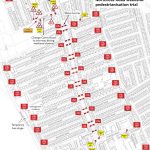
The closures were sorts of “mini-festivals” each weekend and as a result the security was an important concern.
Northcote road is a very long road and therefore many side streets needed also to be monitored in order to avoid speeding vehicles crossing Northcote Road full of pedestrians. Those numerous gaps were very dangerous and security difficult to maintain.
The police has been accused to add up to the cost of running the scheme as they also pushed for heavy security measures to prevent possible terrorist attacks.
Indeed, the need for the installation of security-rated products (gates / bollards / planters), which have been strongly recommended by the police for counter terrorism reasons, has added to overall cost.
Kemi Akinola, deputy leader of Wandsworth Council, said the Businesses in Northcote agreed that they cannot fund the weekly costs required for the extra measures imposed by the police.
Businesses presented their differing experiences of the road closure, and once given the facts of the £2.5 mil counter terrorism gates, the weekly cost of £24k they would need to pay alongside the loss of trading space & disabled access, understood our decision not to continue it
— Kemi Akinola👸🏾🐝 (@BeeKemiA) October 4, 2022
For some local residents, the visible and intimidating security marshals deployed at weekend in the road was also unwelcoming.
During the election campaign, three security guards asked local residents living in Northcote Road to remove a table they put on the road, in front of their house, as “they did not pay for the right of using the street“.
In Wandsworth’s Old York Road, a similar initiative took place with the closure of the road. The choice has been made to make the pedestrianisation permanent, as this is a much shorter section, which does not involve as many disruptions and intersections.
A lot of complaints about the weekend closure from local residents
In London News, Jonny Dyson, chair of the Northcote Business Network and member of the Clapham Junction BID (Business Infrastructure District, the retail association for the Clapham Junction Area) advocated that the closure helps businesses during the summer months as families leave for holidays and footfall drops, but he also claimed that retails use the extra profit to “survive” during winter.
On nappyvalleynet.com, a local forum, Annabel said:
“I think this should be a permanent change. The road should be pedestrianised on a permanent basis so the vendors can take better advantage of this. Not sure we need the speeding cars and occasional bus during the week!”
Another enthusiastic comment said:
“I think it is a fantastic idea to open it from April. I live just off Northcote road and love the buzz of it all. “
However, it appears that not everyone was happy about the weekend closure.
According to London News, businesses in Battersea Rise said the closure of Northcote Road to traffic at weekends every summer for the last 3 years has drawn visitors away. They acknowledge that it may be good for Northcote businesses, but they explain that being located on a side street, they had been forced to cut opening hours and make staff redundant, due to the scheme.
Julia, a 88 year old resident living at the end of Northcote road complained that the closure at weekend made her nearly impossible to go to Clapham Junction station as buses were interrupted, and it was too far for her to walk there. She said:
“I am concerned, as are many others, about my high street being used for street parties every weekend and residents being deprived of convenient transport. Too inconvenient to use at all for many of us.”
A lot of comments posted on nappyvalleynet.com have been made by local residents complaining about the closure. Helen commented:
“I watched elderly people desperately trying to negotiate a safe path through the tables and chair, and narrow space in the road, without being pushed and bumped by cycles, scooters and excited children. Older people can be unstable and fearful that they will be knocked over.
If the buses are diverted like before I do wonder how elderly people who cannot walk to St John’s road manage to get about. The two frequent buses that go along the Northcote Road are a life line to so many people.”
During the weekends, buses on Northcote Road were diverted via Bolingbroke Grove with temporary bus stops outside and opposite Bolingbroke Academy. However a local resident explained the difficulty it makes:
“The bus diversion is such a pain as well. We live the other end of Northcote Road and have a disabled son so we really rely on the buses. I know they stop on Bolingbroke road (which in itself is so dangerous as kids on scooters etc) however they only stop outside the Bolingbroke Academy and then on Blenkarne so it’s a long walk.”
In addition, businesses have been charging extra to offset their contribution to the cost of the scheme. On nappyvalleynet.com a local mum said:
“We live off Northcote road, and to be honest we don’t enjoy the road closure at all, it’s very disruptive for nearby residents, costs a fortune to set up which is then passed on to customers, artificially raising the cost of living and running a business (as if it wasn’t currently high enough !), it makes for frantic driving off Webbs road and some of the other roads, the bus diversions are a pain and it goes on for too many weeks.
And it’s not like there is anything special about it now, though it was a good idea to try during the pandemic,
We know lots of people who won’t go the restaurants etc not to be charged the extra-, they just go somewhere else.”
A campaign to keep the scheme
Jo Rigby, Chair of the Transport committee. explained on Twitter that gates on the streets were not popular but local Conservatives councillor responded that alternative options were proposed (without explaining what they are).
Gates are not the only option, and gates can be configured in numerous ways. The businesses wanted a dialogue, but your Labour colleagues shut down that conversation – to the business’ total horror.
— Aled Richards-Jones 🇺🇦 (@aled_rj) September 24, 2022
The Conservatives have initiated a campaign to keep the weekend closures of Northcote Road next year.
Bumper team out in #Balham & #ClaphamSouth to campaign against Labour’s plans to abolish the popular summer pedestrianisation of Northcote Road. Residents, cafes, restaurants, bars & shops have a clear message for Labour: think again! 🖊 Sign the petition: https://t.co/WsivhuaCXe pic.twitter.com/GKZYRwxbEt
— Cllr Daniel Hamilton (@CllrDanHamilton) October 1, 2022
What can be learned from the city of terraces
In France, similar initiative have been implemented to promote hospitality businesses deeply affected by the Covid crisis and the social distancing measures. Paris turned over thousands of parking spaces to beleaguered restaurant and café owners who were no longer allowed to serve indoors as the pandemic raged. There is now more than 20,000 sqm of extra outdoor space made available for terraces according to the local authorities.
However it has not involved extra policing, security guards or full closure of roads. In addition, the extra facilities authorised by the local authority are not funded by public money. On the contrary, it pays extra-revenue to City Hall as there is a fee charged for outside retail space (between £70 and £350 per sqm per year usually).
Hospitality businesses have been authorised to use parking space in front of their premises to set outdoor facilities (from the 1st April to 31st October each year with the possibility to ask for further extension) while keeping most of the pavement free for pedestrians. While initially seen as a temporary measure, it was announced in 2021 that it could become permanent, prompting many café or bar owners to invest in better structures that the often ramshackle extensions that sprang up in 2020.
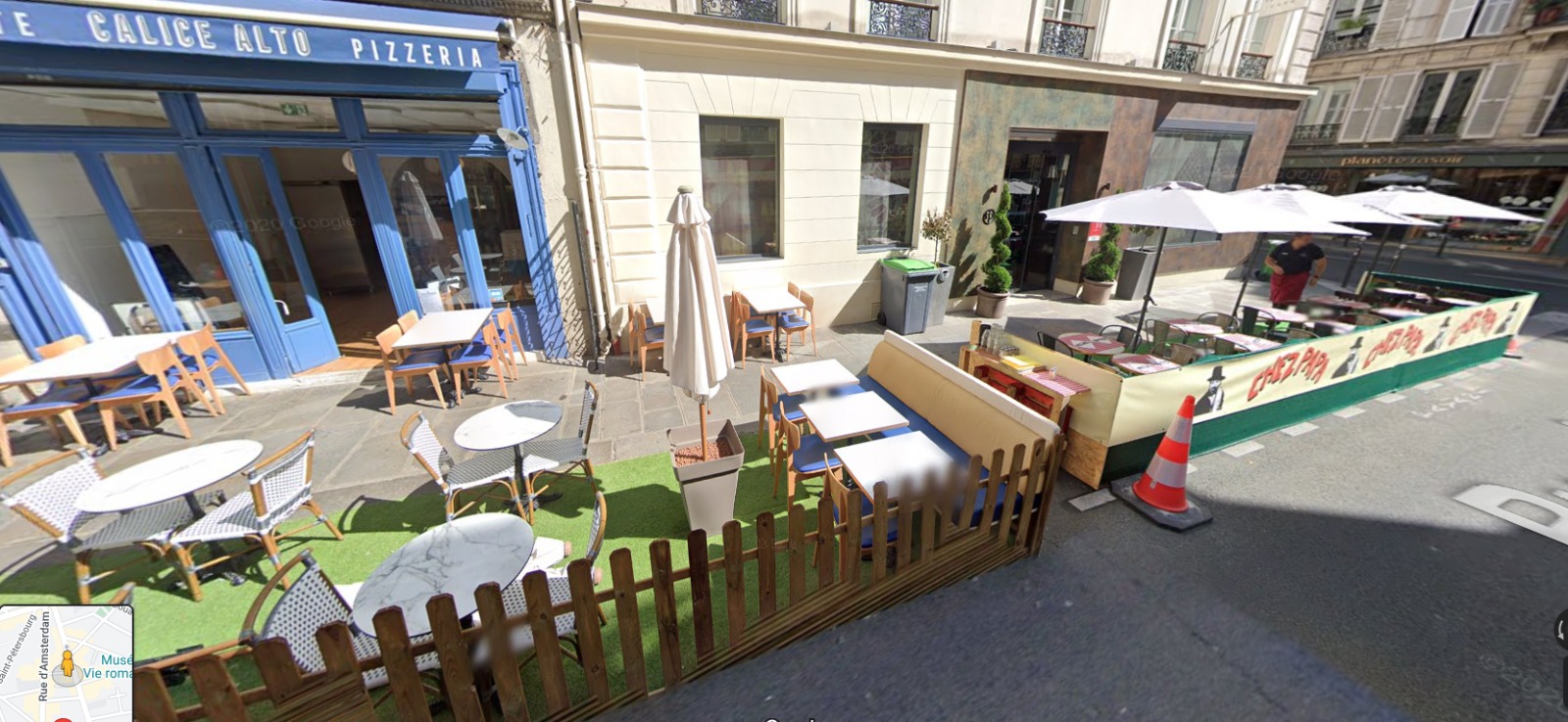
There are strict regulations though. It is only possible to use a parking space if the terrace is using a deck (making it level with the pavement) and side guards. The regulation pays specific attention to the quality of the structure put in place (not only simple metal bars or lines as it was often the case in Northcote Road) and some planting could also sometime contribute to the vibrancy of the street.
And while car owners have got even more difficulties to find some parking space, the policy is praised by the vast majority of people enjoying bar and restaurants, as it both improves the layout of the streets and makes the venues more comfortable and safer.
Some of Merton Councillors have been inspired by Paris as they started to authorise similar structures. In July 2021, they announced that they would implement temporary structure that occupy parking bays, called “parklet”.
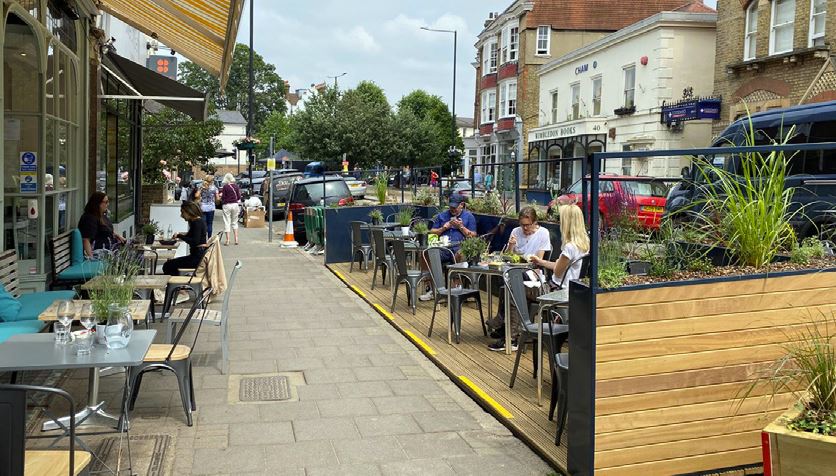
The Report presented before Wandsworth Finance committee said that “businesses who want and can offer outdoor dining facilities will still be able to continue to do so and the Council will continue to look for ways to support the closure of Northcote Road in future years“.
Jo Rigby told us:
“If residents and businesses in any area are keen on creating permanent shared spaces, where buses, blue badges, blue lights and deliveries are shared with pedestrians and people on bikes, then the council is always open to exploring feasibility”.
Therefore, it seems up to the businesses of Northcote Road to arrange and present alternative options.
Final decision will be taken at full Council on October 19, but it should only confirm the committee decision.
UPDATE 12/10/2022: We received a response from Jonny Dyson, chair of the Northcote Business Network and had a nice phone conversation. Below is a transcript with our questions and the responses he provided (we have corrected some data in the article above when appropriate).
Question – Financing: How was the road closure financed?
The full cost has always been £25,000 par weekend of closure. This cost was initially funded by the European Regional Development Funding, and latterly through joint funding between the Council and the Northcote Road Business Network. The EU fund paid in full for the first year. For the following years, the Council contributed £10k per weekend and the hospitality businesses paid £15,000 to make up for the full cost.
The BID paid for the additional cost of the summer fete (arounf £12,000), other than that the weekend closures were paid for by the council and the businesses. The BID is for the whole CJ area so it would have been unfair for other streets to fund the Northcote Road closure.
Question – Alternatives: Some claim that alternatives have been proposed. What are they?
We have several alternatives but we were told in no uncertain terms in August by the new Labour Council that they would not be considered. They have since backtracked and said that they will try to consider other schemes which are currently being worked up.
Schemes included making Northcote Road one way north and retaining the busses (but no other vehicles), or a similar scheme to Paris and Bedford Hill where the pavements are widened, with parking bays in operation from 07.00 to 18.00 weekdays and then allowing tables and chairs after 18.00 weekdays and all weekend.
Solutions could be explored at no cost (or negligible) for the Council, with businesses happy to contribute to make Northcote Road a more vibrant venue.
There are many different schemes that could be used, but we need to have these conversations with the Council. We met with deputy leader Kemi Akinola last Tuesday and we are grateful for her commitment to now consider alternate schemes.


